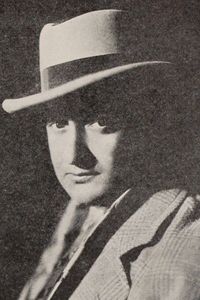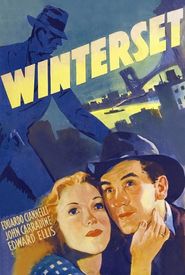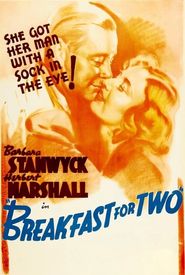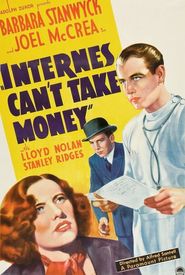Alfred Santell, a pioneering American film director, initially entered the film industry in 1914 as a multifaceted individual, assuming the role of a general factotum at the renowned Lubinville Studio in Philadelphia.
Alfred Santell, a multifaceted individual, embarked on a brief yet significant military career, serving in the army from 1918 to 1919. This brief stint laid the foundation for his subsequent professional endeavors. Santell's exceptional leadership skills and aptitude for direction were soon recognized, and he was promoted to the role of supervising manager at Universal Studios. This esteemed position granted him the autonomy to develop and produce his own comedy series, aptly titled "Alfred Santell Comedies." The series featured a talented trained chimpanzee named Joe Martin, whose antics and charm captivated audiences and cemented Santell's reputation as a visionary producer.
By the year 1923, Santell had made a significant career shift, moving from short films to feature film direction, and in doing so, he entered into a lengthy contractual agreement with First National, a prominent film production and distribution company.
As a skilled and accomplished director, Santell had established himself as a master of light comedies, and his expertise in this genre allowed him to make a seemingly effortless transition to the new medium of sound in the film industry.
Over the next 15 years, Santell continued to produce a string of high-quality, well-received films, including both solid second features and occasional "A"-grade releases, for major film studios such as 20th Century-Fox, RKO, Paramount, and United Artists, further solidifying his reputation as a talented and versatile director.
Notable amongst Santell's cinematic endeavors is an early entry within the esteemed "Dr. Kildare" film cycle, Internes Can't Take Money (1937),a sumptuously produced and commercially successful talkie that boasts an impressive cast, including Joel McCrea as the well-intentioned Dr. Kildare and Barbara Stanwyck as an ex-convict mother grappling with the complexities of her tumultuous past.
The esteemed critic of The New York Times offered a glowing assessment of Santell's direction, describing it as a masterful blend of the suspenseful storytelling often associated with the legendary Alfred Hitchcock and the quintessential American spirit of optimism and verve.
Notable highlights in Santell's illustrious career include an early adaptation of Jack London's classic novel, The Sea Wolf, released in 1930 and starring the talented Jane Keithley, who would later become his wife, Rebecca. This marked the beginning of a long-standing creative partnership between the two.
Moving on, Santell's repertoire also boasts the 1932 film Rebecca of Sunnybrook Farm, a delightful and charming production that showcased his skill in crafting engaging narratives.
In 1936, Santell brought Maxwell Anderson's powerful play Winterset to the big screen, a testament to his ability to translate complex theatrical works into compelling cinematic experiences.
The 1940s saw Santell continuing to excel, with the 1941 release of Aloma of the South Seas, a captivating tale that highlighted his versatility as a director.
Finally, in 1943, Santell paid tribute to the life and work of the renowned author Jack London by directing the biopic of the same name. This film served as a fitting tribute to London's legacy and cemented Santell's reputation as a master of his craft.
Noted film director, William Santell, brought his illustrious career to a close in the year 1946, following a stint at Republic Pictures where he helmed a small yet notable number of low-budget films.




































